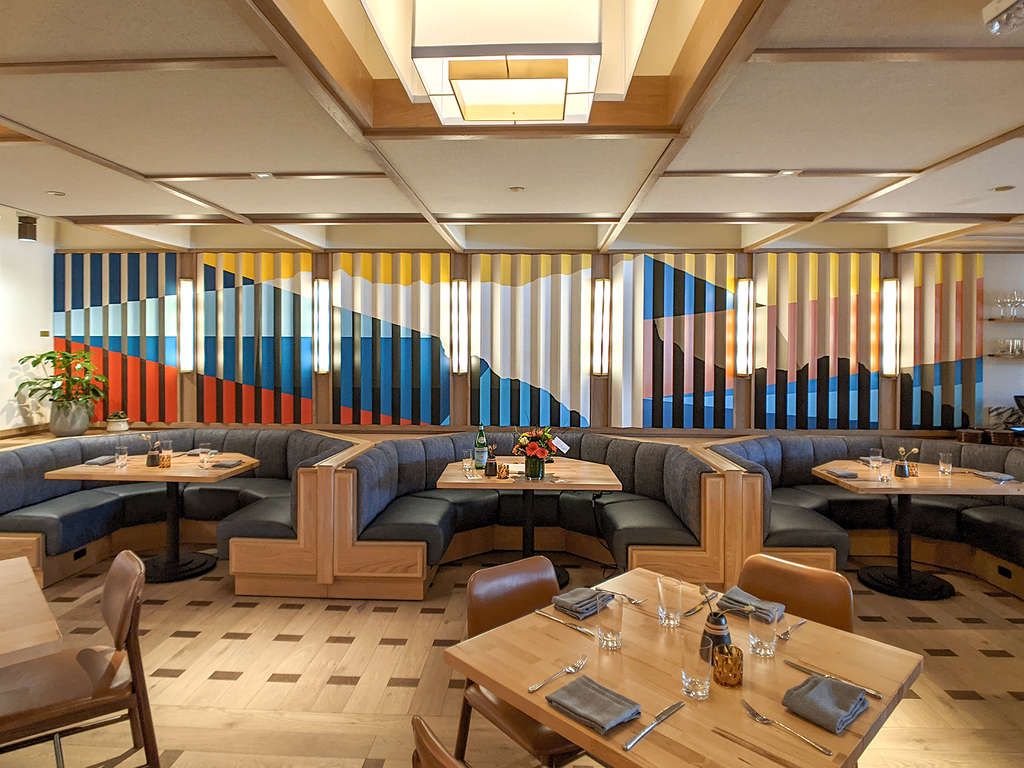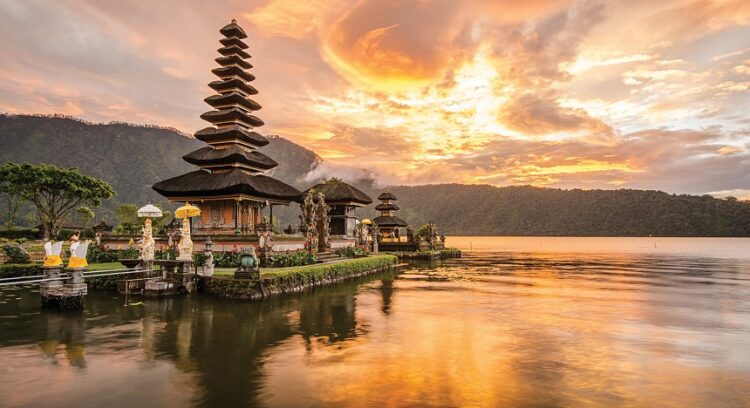In this article, we will explore the ways in which luxury hotels are incorporating local culture and heritage into their guest experience. From curated art collections and authentic local cuisine to immersive tours and workshops, hotels are finding creative ways to showcase the unique history and traditions of their surrounding communities. This not only provides guests with a more authentic and memorable stay but also supports the preservation and celebration of local culture.
In an increasingly globalized world, travelers are seeking more meaningful and authentic experiences that allow them to connect with the local culture and community. Luxury hotels have recognized this trend and are now incorporating local culture and heritage into their guest experience in creative and innovative ways.
By showcasing the unique traditions, history, and cuisine of the surrounding area, hotels are not only providing guests with a more immersive and memorable stay but also supporting the preservation and celebration of local culture.
In this article, we will explore how luxury hotels are incorporating local culture and heritage into their guest experience. We will examine some of the most effective strategies and highlight some of the best examples of hotels that are doing it right. From art and cuisine to tours and workshops, we will see how hotels are leveraging the unique features of their location to provide guests with an unforgettable stay.
Art:

Art is one of the most effective ways to showcase local culture and heritage. Many luxury hotels are now curating art collections that feature works by local artists or that are inspired by the surrounding area. For example, the Four Seasons Resort Maui at Wailea features a collection of more than 280 works by Hawaii’s most celebrated artists. The collection includes paintings, sculptures, and mixed media pieces that showcase the island’s natural beauty and rich cultural heritage.
Cuisine:
Another way that luxury hotels are incorporating local culture and heritage into their guest experience is through cuisine. Hotels are now offering guests the opportunity to sample authentic local dishes made with fresh, locally sourced ingredients. For example, the Ritz-Carlton, Bali offers a Balinese cooking class where guests can learn how to prepare traditional dishes such as lawar, a spicy vegetable salad, and babi guling, a roasted suckling pig.
Tours:
Luxury hotels are also offering guests the opportunity to explore the surrounding area through curated tours and experiences. These tours often provide guests with access to places and experiences that they would not be able to access on their own. For example, the Belmond Hotel Caruso in Ravello, Italy, offers a tour of the nearby Amalfi Coast that includes a private boat ride and a visit to a local ceramic workshop.
Workshops:
Hotels are also incorporating local culture and heritage into their guest experience through workshops and classes. These classes can range from traditional craft-making to language lessons. For example, the Park Hyatt Paris-Vendôme offers a perfume-making workshop where guests can learn how to create their own signature scent using traditional French perfumery techniques.
Architecture:
Architecture is another way that luxury hotels are showcasing local culture and heritage. Many hotels are now incorporating traditional architectural elements into their design to create a sense of place and to celebrate the local heritage. For example, the Aman Tokyo features a design that is inspired by traditional Japanese architecture, including a soaring, double-height lobby that is reminiscent of a Japanese temple.
Music and Dance:
Music and dance are also important components of local culture and heritage. Luxury hotels are now offering guests the opportunity to experience traditional music and dance performances that showcase the unique rhythms and movements of the surrounding area. For example, the St. Regis Bali Resort features nightly performances of the Kecak dance, a traditional Balinese dance that is performed by a chorus of men who chant and sway to create a hypnotic rhythm.
Local Products:
Finally, luxury hotels are incorporating local products into their guest experience. This includes everything from locally sourced ingredients in the hotel restaurants and spa treatments that utilize indigenous plants and herbs, to artisanal products that are sold in the hotel gift shops. For example, the Rosewood Mayakoba in Mexico offers guests the opportunity to purchase handmade hammocks and pottery made by local artisans.
Sustainability:
Incorporating local culture and heritage into the guest experience also has a positive impact on sustainability. By promoting and supporting local traditions and products, hotels are helping to preserve the environment and support the local economy. Many hotels are also taking steps to reduce their environmental impact by implementing sustainable practices such as reducing energy and water consumption and minimizing waste.
Benefits for Guests:
Incorporating local culture and heritage into the guest experience has many benefits for guests. It allows them to connect with the local community and learn about the history and traditions of the surrounding area. It also provides them with a more authentic and memorable stay that they are likely to remember for years to come. Additionally, it allows them to support local businesses and contribute to the preservation and celebration of local culture.
Benefits for Hotels:

Incorporating local culture and heritage into the guest experience also has many benefits for hotels. It sets them apart from their competitors and allows them to create a unique and memorable brand identity. It also provides them with opportunities for partnership and collaboration with local businesses and organizations. Finally, it can also have a positive impact on the bottom line by increasing guest satisfaction and loyalty.
Conclusion:
In conclusion, luxury hotels are finding creative and innovative ways to incorporate local culture and heritage into their guest experience. From curated art collections and authentic local cuisine to immersive tours and workshops, hotels are leveraging the unique features of their location to provide guests with an unforgettable stay.
By showcasing the unique traditions, history, and cuisine of the surrounding area, hotels are not only providing guests with a more immersive and memorable stay but also supporting the preservation and celebration of local culture.
























